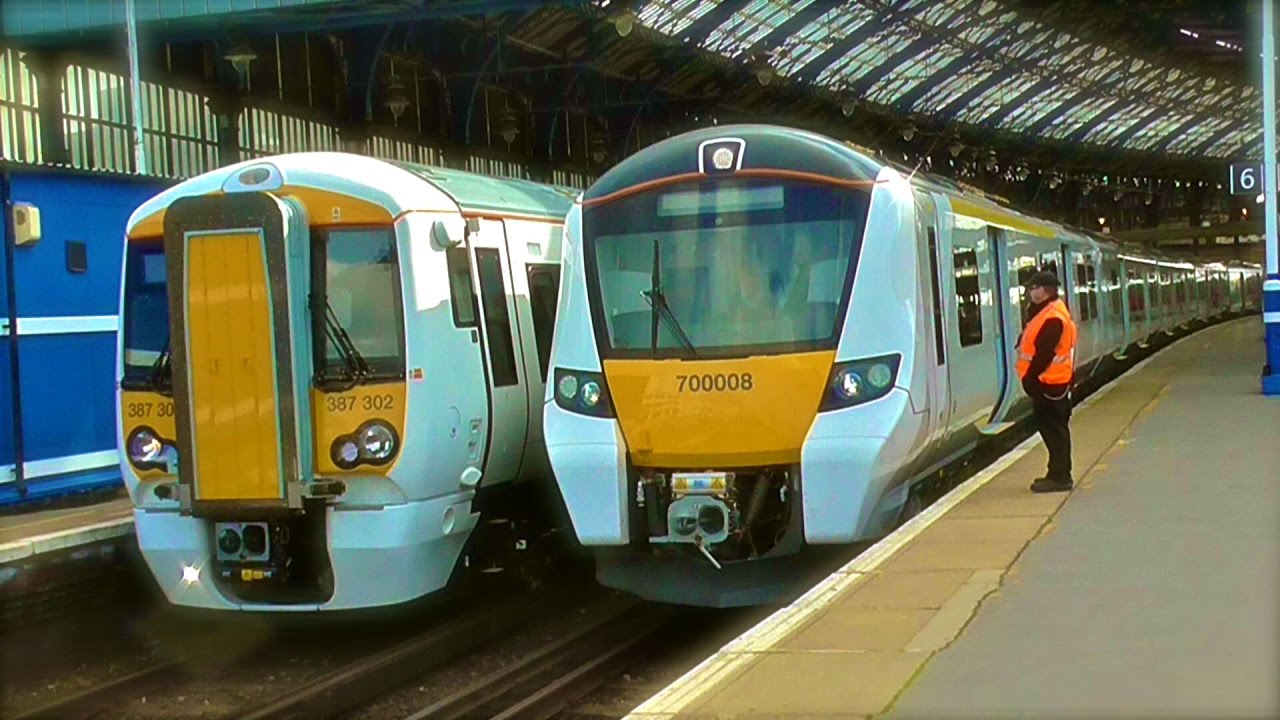
Thameslink has been fined £5million over the chaos during the introduction of a new timetable last May.
The Office of Rail and Road launched an investigation following the “severe disruption” on Govia Thameslink Railway (GTR) routes.
Although it found that GTR had taken reasonable steps to inform customers of the planned changes, it failed to communicate well when the changes didn’t go to plan and trains began to be cancelled.
In particular:
- Trains were permanently removed from the timetable but passengers were not clearly informed until several weeks later
- Further trains were removed or cancelled on a daily basis leading to very short notice changes to the timetable and a severe lack of certainty for passengers up until the point of travel
- Some trains were reintroduced but with insufficient time to input journey information into systems. These ‘ghost trains’ arrived at stations with staff and passengers unaware of their arrival or where they were expected to stop
- Replacement buses were used on some routes but prolonged delays in providing information in journey planners meant many passengers weren’t aware that they were available
- Inadequate internal communication often left frontline staff with little or no information to assist passengers in making their journey
- The effect of these failures left passengers with very little notice or certainty about whether trains that were running on one day would run or be the same the following day.
The ORR’s deputy director for consumers Stephanie Tobyn said: “The disruption experienced by many passengers as a result of the May timetable introduction was awful. When disruption happens, poor quality information makes an already difficult and frustrating situation worse.
“The exceptional circumstances that followed the introduction of the timetable meant that providing perfect advance information for passengers was from the outset an impossible task and GTR’s overriding focus was on providing as much capacity as it could to meet customer demand.
“However persistent and prolonged failures in information provision meant that passengers couldn’t benefit from the operational improvement it was trying to make.”
GTR chief executive officer Patrick Verwer said: “We are disappointed at today’s fine imposed by the Office of Rail and Road.
“We are making significant improvements to information for passengers. These include upgrades to station screens, issuing frontline staff with new smartphones loaded with real-time service information, and we have volunteer teams on standby to help passengers during disruption. Further improvements in customer information are planned.
“The severe disruption following last May’s timetable introduction was due to industry-wide factors and we are sorry for the serious effect this had on our passengers.
“GTR has paid £18m in passenger compensation and is investing a further £15m in improvements for passengers for its part in the timetable issues.”
A separate ORR investigation into Northern found that although in many cases passengers did experience inadequate information in the two weeks that immediately followed the timetable introduction, it had considered and subsequently took reasonable steps in these circumstances to give passengers appropriate, accurate and timely information both prior to and during the disruption.
An interim timetable was introduced on 4 June that stabilised service levels, improved performance, and enabled the provision of better information to passengers. In consideration of these findings no further action will be taken against Northern.
ORR has also today written to all train companies and Network Rail to require them to review crisis management plans in light of these findings and to ensure that appropriate arrangements exist for assisting passengers with disabilities in times of disruption, planned and unplanned.







